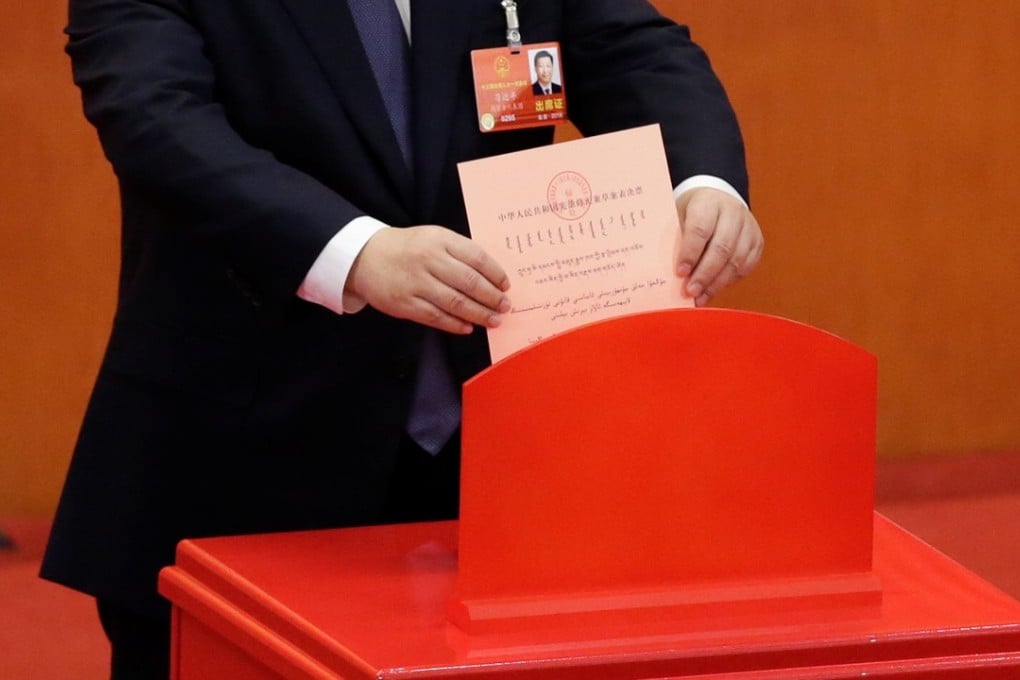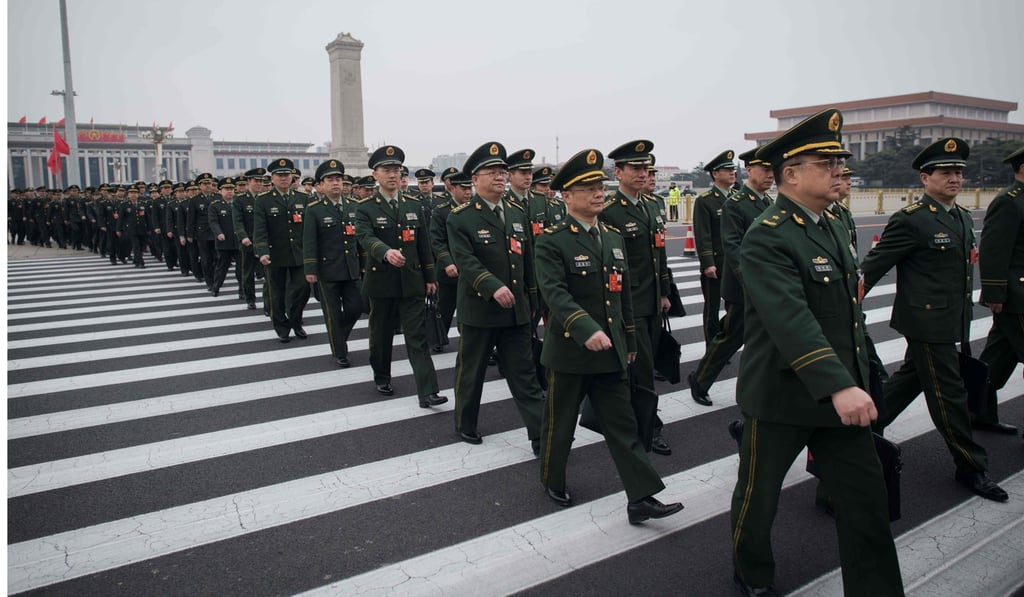For Xi Jinping, do titles matter more than they should?
Now in position to lead his nation indefinitely, the leader could be the most powerful man in Beijing since Mao Zedong, but history suggests titles and power don’t necessarily go hand in hand

But is he? While there is no doubt that he is a strong leader of the Chinese Communist Party (CCP) at the moment, his relentless habit of accumulating titles could hint at greater insecurity than it seems.
After all, the relevance between power and titles in the CCP is relatively new to the 96-year-old institution. For many of his predecessors, titles conferred little power and even less protection.

The title in the news, which is the presidency of the state, is a prime example. One of its most famous holders, Liu Shaoqi, was purged while holding the honour in 1966 and later died during arrest.
The presidency was not given to anyone else and was even abolished from the constitution in 1975. When it was reinstated in 1982, it was a largely symbolic position held by party elders past their heydays.